(November 27, 2022) He might have been born and brought up in Lavik, Norway, but he is still connected to his roots in New Delhi. Norwegian politician Himanshu Gulati has time and again spoken fondly about how his Indian heritage has influenced his life choices and the paths he has taken. A vocal advocate of human rights in Europe, Himanshu became the youngest state secretary in the Norwegian parliament, when, at the age of 25, he was appointed state secretary for Anders Anundsen in the Ministry of Justice and Public Security. But there is so much more to this politician than meets the eye. Having travelled to more than 160 countries, Himanshu has directed an International Art House feature film, starred in several cinemas and documentaries, and also participated in and hosted shows on Norwegian television.
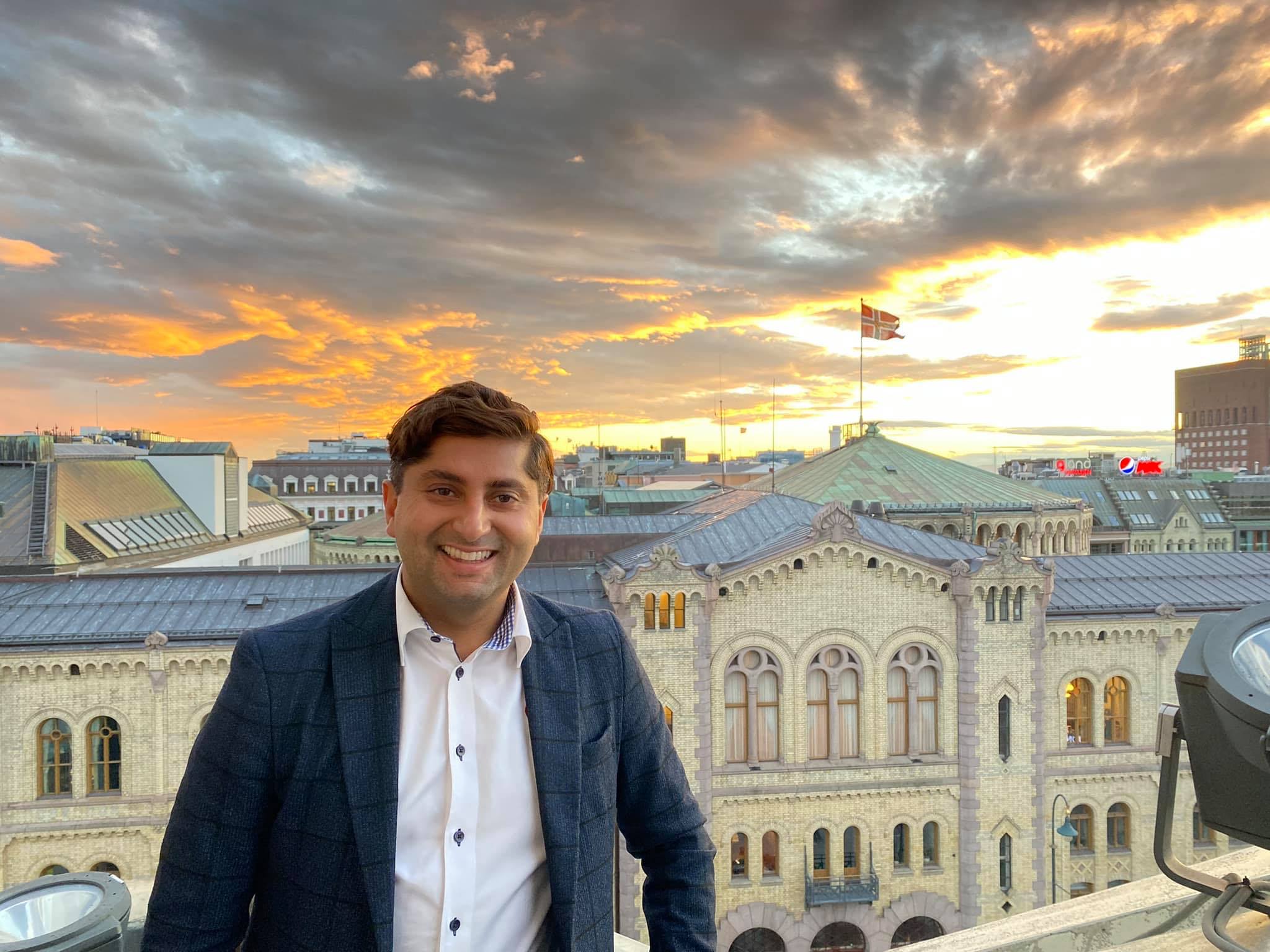
Indian-Norwegian politician Himanshu Gulati
The Global Indian, who is currently a Member of the Norwegian Parliament for Akershus and the Delegation to the Nordic Council, Himanshu was conferred with the Pravasi Bharatiya Samman 2019 in the field of public service. “I am proud to be a Norwegian but my soul, the way I think, the way my views have been shaped, is very much influenced by my Indian heritage and I try to stay very closely connected to India,” the politician shared during a recent interview.
The Hygge land
In the early 1970s, in search of better work opportunities, a young doctor couple moved from New Delhi to Lavik. Starting their careers from scratch in Norway, the couple was able to start practicing independently in the small village. And this is where Himanshu was born. While the politician is quite private about his family life, he has shared that his childhood experiences pushed him to choose a career in public service. “My parents, like a lot of people, left India in the 70s-80s. They headed for Norway and started with two empty hands. My father is an educated doctor, and my mother is a physiotherapist. I am very grateful to them. Me and a lot of people who had been born to Indian parents abroad got opportunities served to them on silver platters while people who did the hard work were our parents’ generation. I am just a small example,” he expressed during a conference.
Not unlike many Indian kids in the country, Himanshu grew up watching Indian movies and eating Indian cuisine for lunch and dinner. Even though the family wasn’t able to visit New Delhi every year, Himanshu’s parents brought him up with all the same value systems within which they had been raised. “Indians, wherever they travel, are very good at preserving their culture. Although living away from India, my parents, like millions of other Indians abroad, closely watched Bollywood films, listened to Indian music. They made Indian food not just for themselves but for all the neighbours and sort of became ambassadors of Indian culture. Indians are very good at exporting their cultures to others,” Himanshu said.
When he was about 14 years old, the Gulati family moved from a small village to Lillestrøm in Akershus. After finishing school, the politician studied medicine for a while, before deciding it was not for him. He later received a bachelor’s degree in Economics from BI Norwegian Business School, and also attended a six-month course in filmmaking at an academy in India.
Exploring the world
Since he was a young boy, Himanshu never missed an opportunity to go out on picnics with his schools friends or even on a one-day trip to Oslo with his father. So, after finishing his degree, he decided to take a break to roam the world, before ‘settling down. “Travelling is the true passion of my life and I urge everybody to travel as much as possible. I travelled a lot within India also and was fortunate to see all parts of the country. Travelling truly expands one’s horizon and also teaches one that the world is not black and white,” he shared.
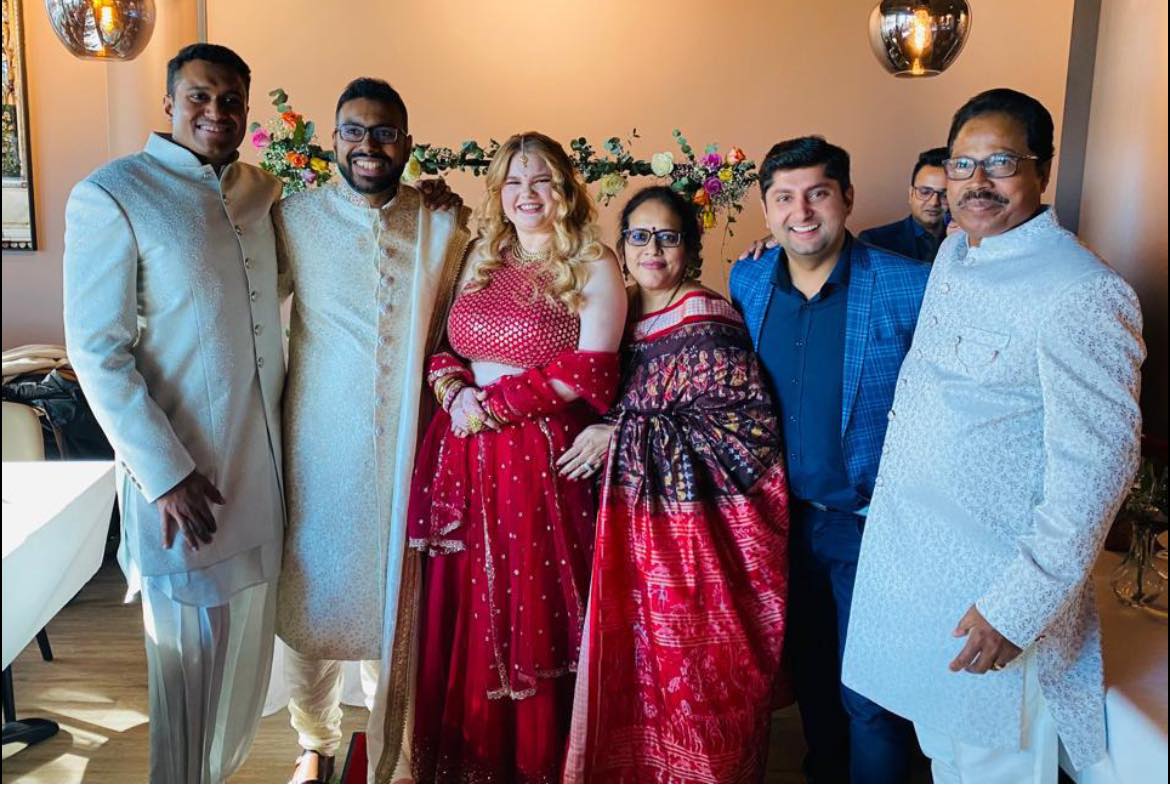
Himanshu with his family
The politician, who has travelled to 160 countries, loves to meet new people and learn from various cultures. He said, “The world is full of nuances and people all over are very different in culture. I have travelled to some dangerous parts of the world like North Korea, which is one of the most isolated countries in the world. I was recently in Yemen, Syria, Afghanistan, Iraq and also have participated in several personal initiatives to help Norwegians stranded abroad to come home. So I do travelling for my soul and as a hobby.”
Climbing the political ladders
After taking an early interest in local politics, Himanshu was keen on leading his people even when he was a graduate student. In 2007, the politician fought his first election at the age of 18 and became a representative on the Skedsmo municipal council, representing FrP. In 2010, he became the vice-chairperson of the Progress Party’s Youth and was later elected as its chairperson in 2012.
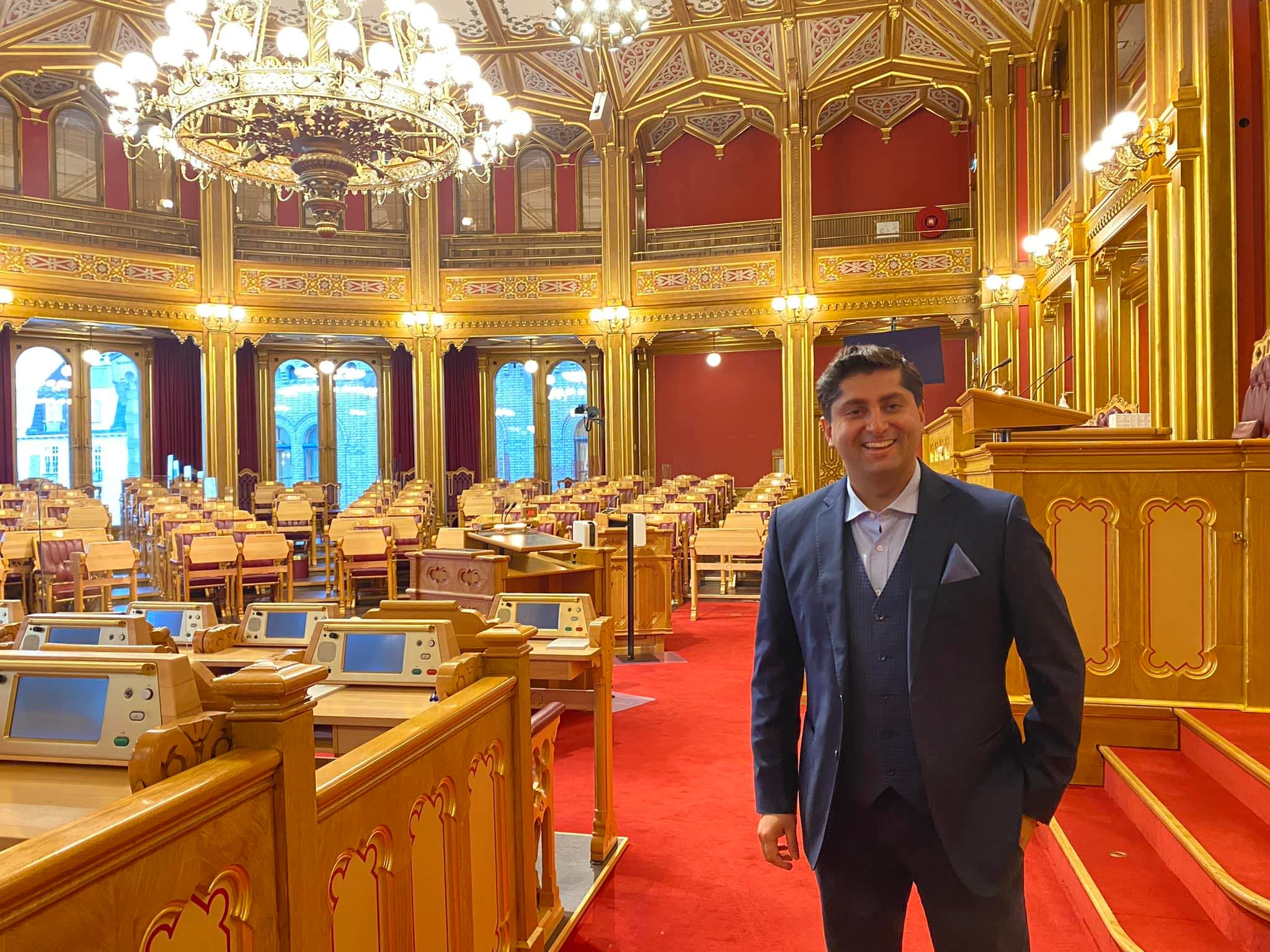
In 2013, he became the youngest state secretary in Prime Minister Erna Solberg’s cabinet and was appointed as the state secretary in the Ministry of Justice and Public Security. “I am truly very grateful for the opportunity to have high positions of office in politics at a young age and although it is less common in India, I am lucky it is not completely uncommon in Norway for people below 30 to be Members of Parliament or Deputy Ministers. I think it is important in every society that people of all ages, and the younger ones, have their voices represented in politics and play a part in how society is shaped. It helps to create better policies if all age groups are represented,” the politician expressed.
While it was a commendable feat, his journey was not sans challenges. He shared, “I have been able to ascend high in politics at a young age. The challenge you face as an outsider being so young in politics is that people underestimate you. But we live in a world where what you do and the input you provide is more important than who you are. That is one of the reasons I could also be where I am.”
An outspoken critic of the Red-green coalition, especially on issues of foreign policy, immigration, and taxation, Himanshu has been heavily involved in the development of Akershus, as well as several immigrant minorities. Speaking about the Indian diaspora in Norway, the politician shared, “The Indian community in Norway is small but making a big impact. We are fortunate to have Indians on the highest level in all sectors. They are extremely respected and are fantastically contributing to the economy.”
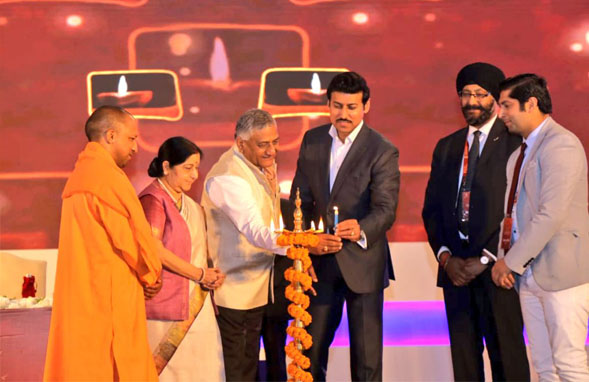
Himanshu (extreme left), along with Sushma Swaraj, former Minister of External Affairs, Rajyavardhan Singh Rathore, and Yogi Adityanath, CM of Uttar Pradesh, during the Pravasi Bharatiya Samman 2019
During a recent interview, the politician recalled his experience of receiving the Pravasi Bharatiya Samman Award in 2019. “It was an out-of-the-world experience and for the motherland of my parents to honor the children of somebody who left India 40 years ago. Personally, to receive the Award from the President and Prime Minister was one of the greatest honors of my life and something I will never forget,” he shared.
- Follow Himanshu Gulati on Facebook


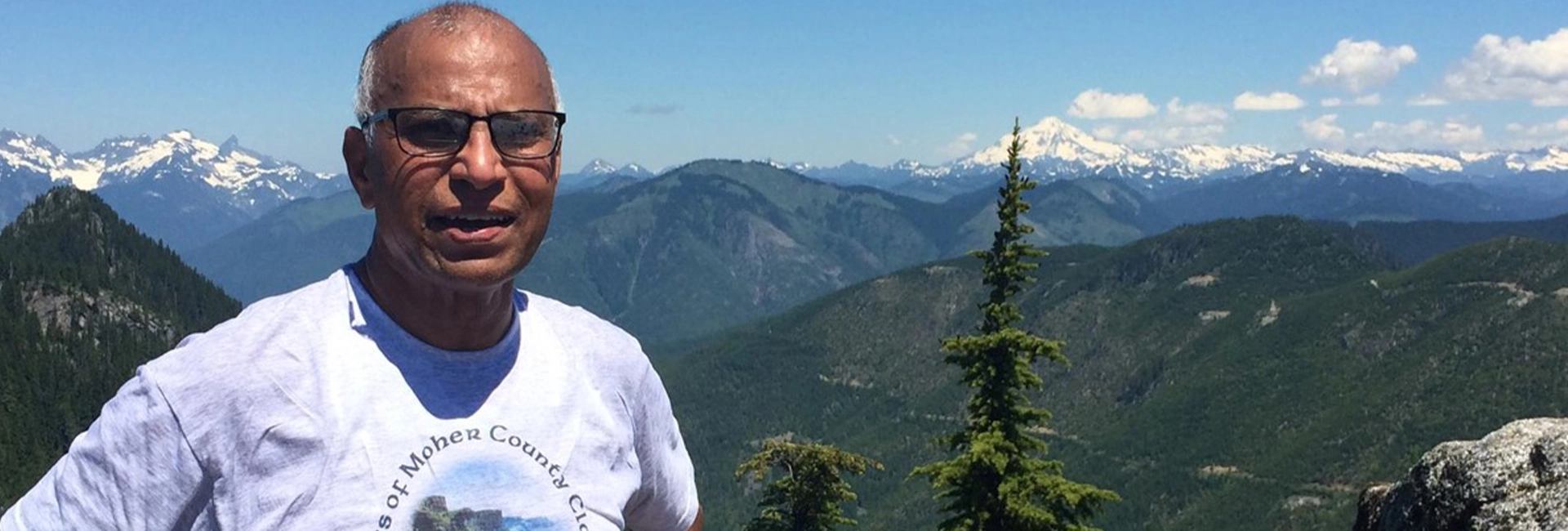


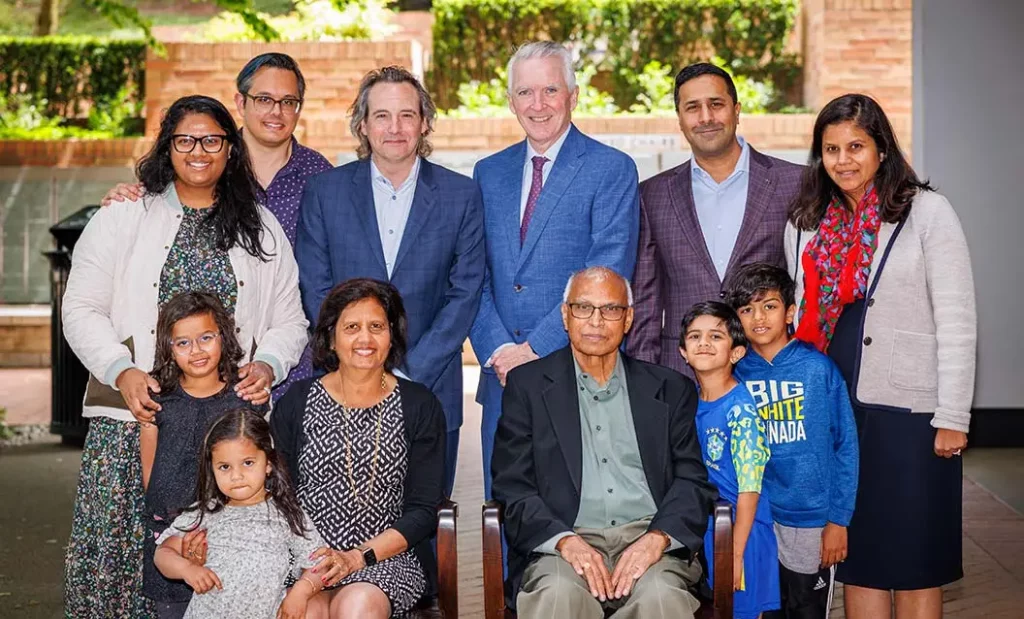 Dr. McGarry Houghton, recipient of the inaugural Satya and Rao Remala Family Endowed Chair with Fred Hutch Cancer Centre President and Director Dr. Tom Lynch, Jr., and the Remala family | Photo Credit: Fred Hutch News Service[/caption]
Dr. McGarry Houghton, recipient of the inaugural Satya and Rao Remala Family Endowed Chair with Fred Hutch Cancer Centre President and Director Dr. Tom Lynch, Jr., and the Remala family | Photo Credit: Fred Hutch News Service[/caption]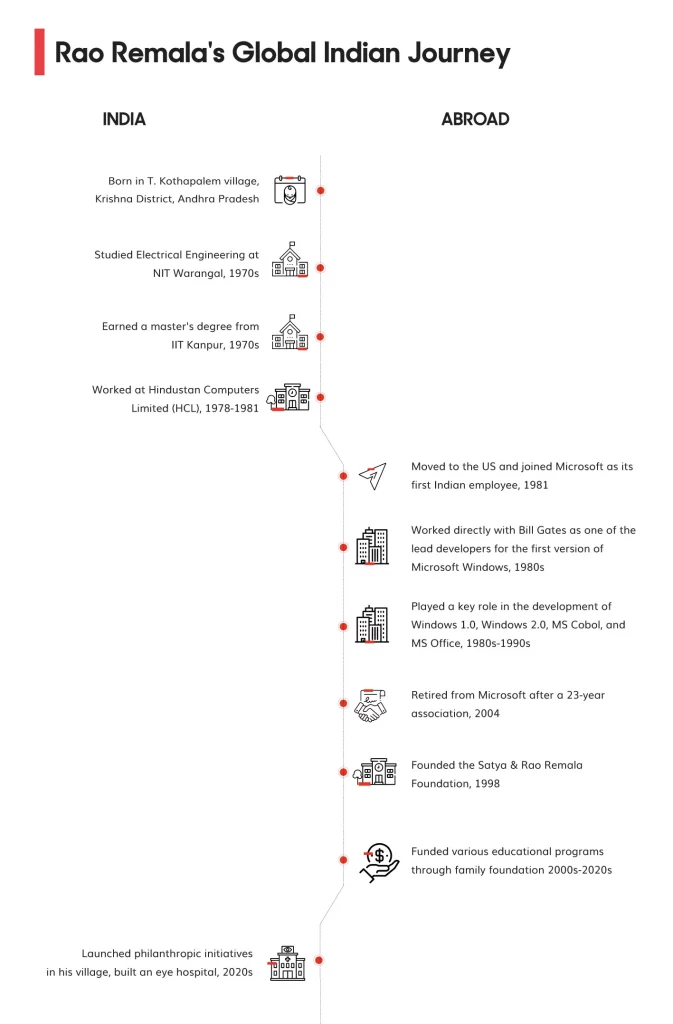
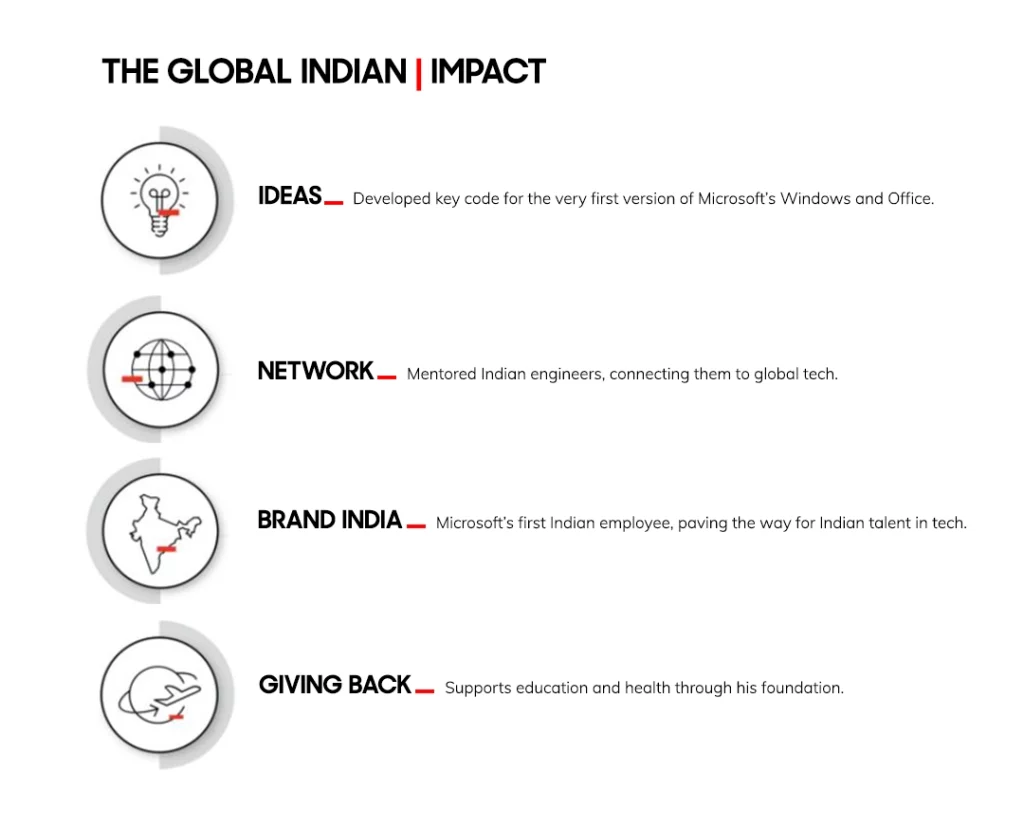





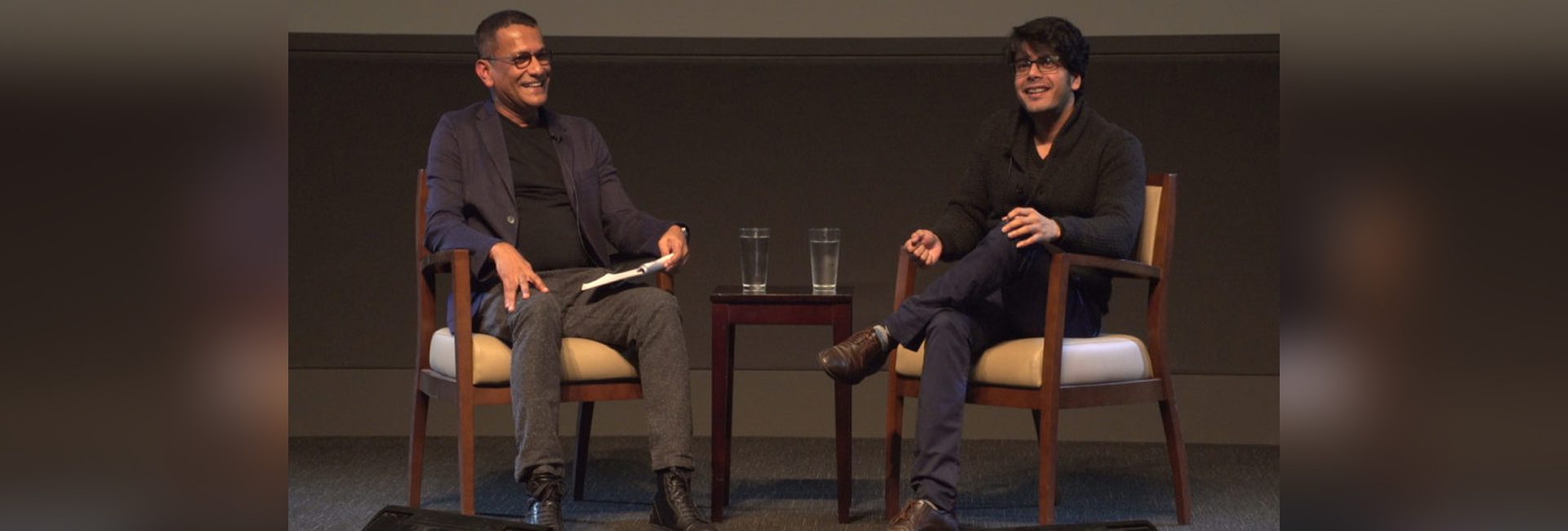
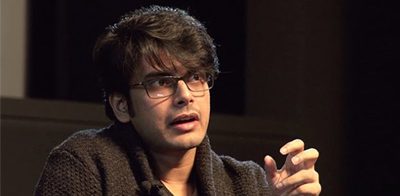 Shaunak Sen[/caption]
Shaunak Sen[/caption]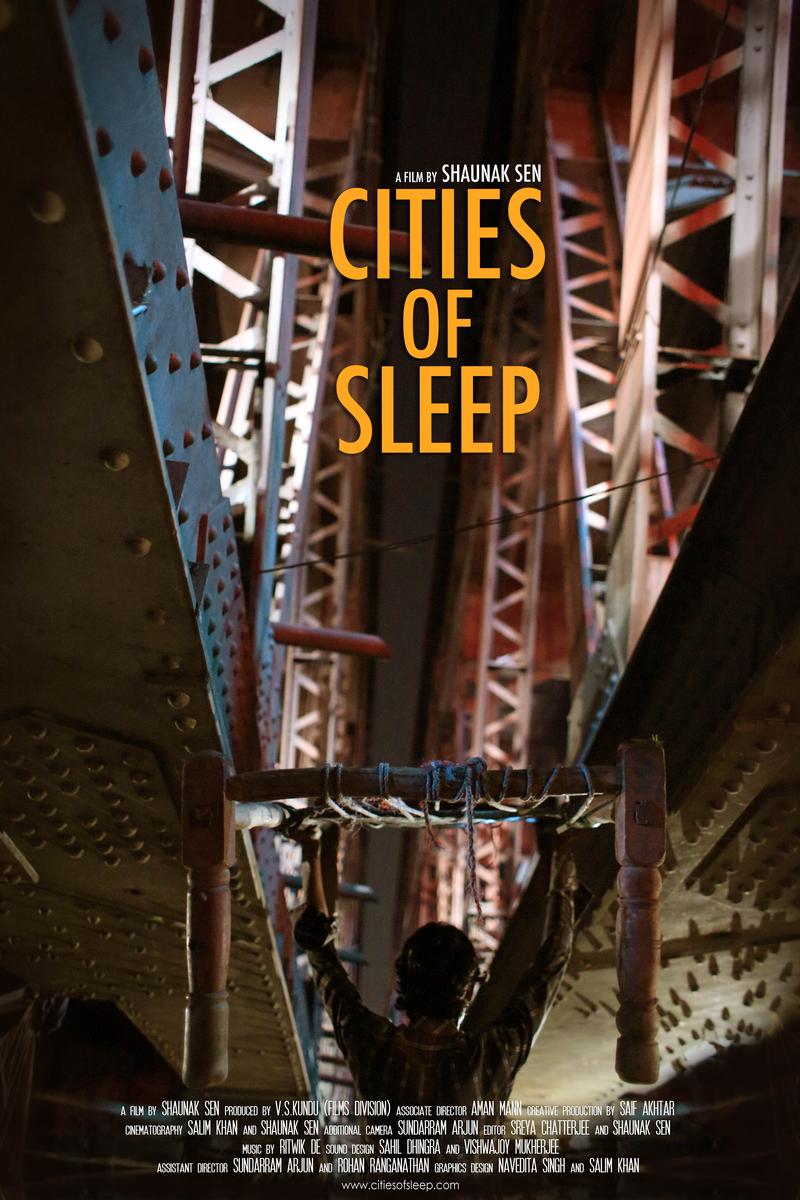
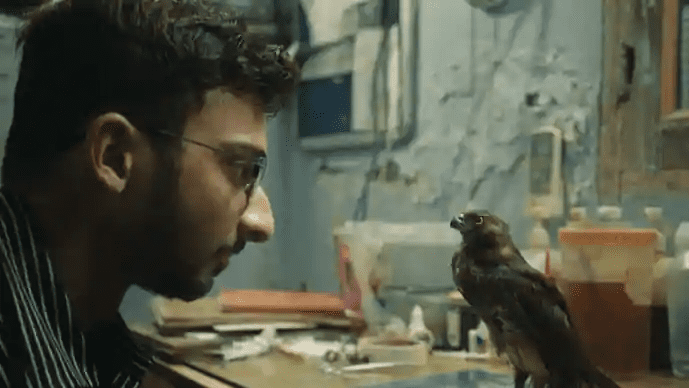 A still from 'All That Breathes'[/caption]
A still from 'All That Breathes'[/caption]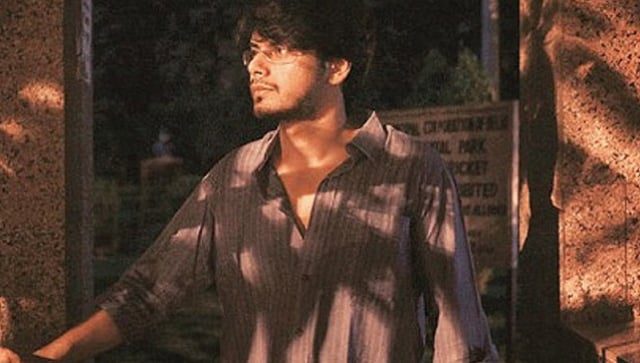
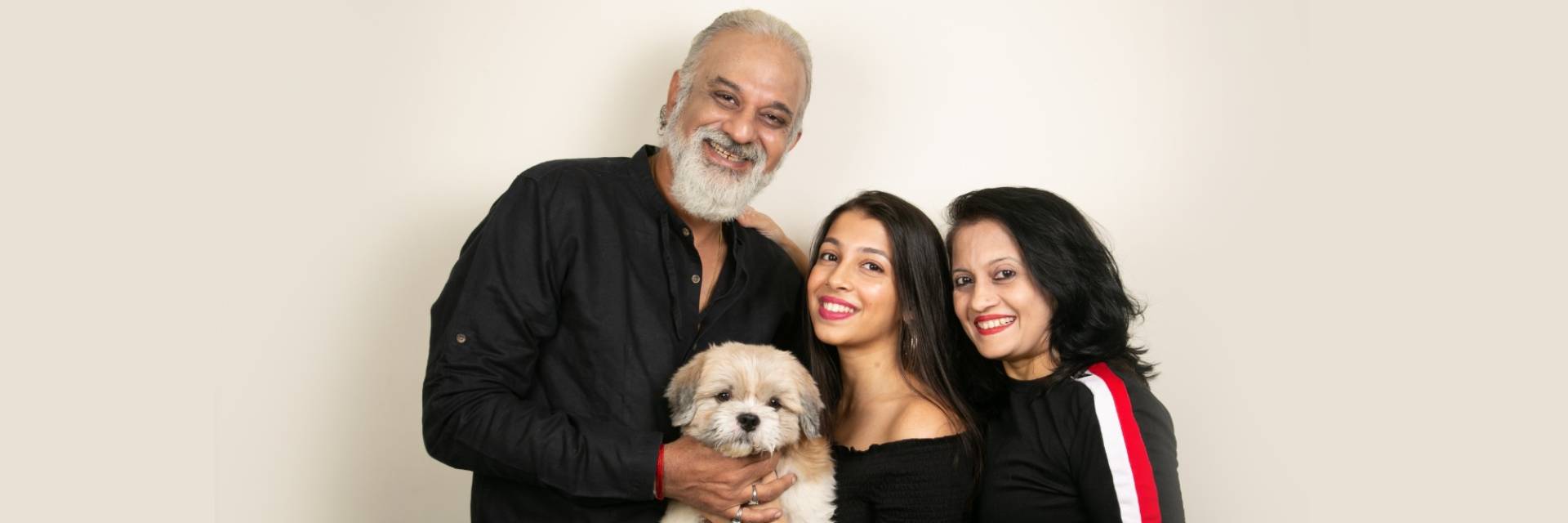
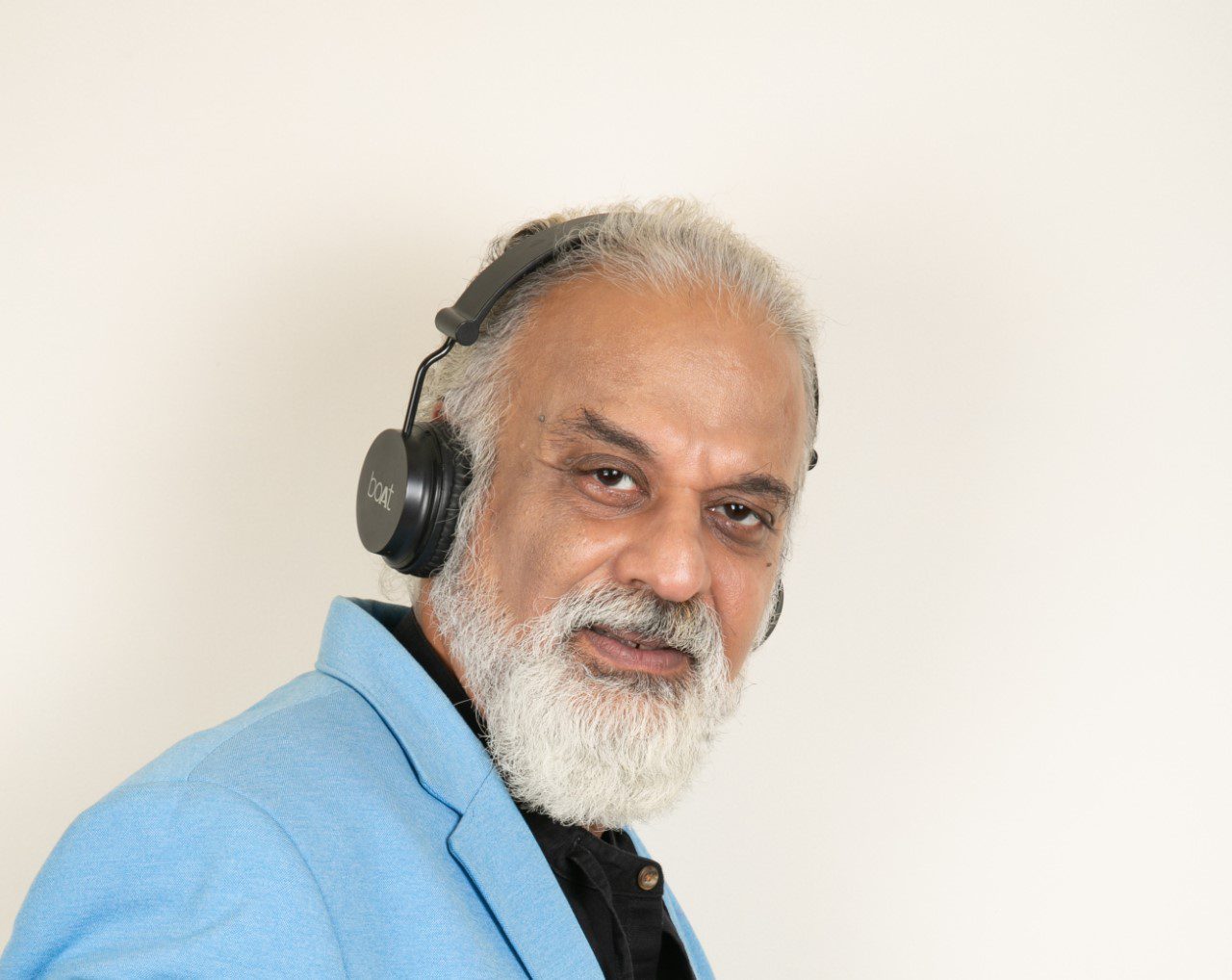
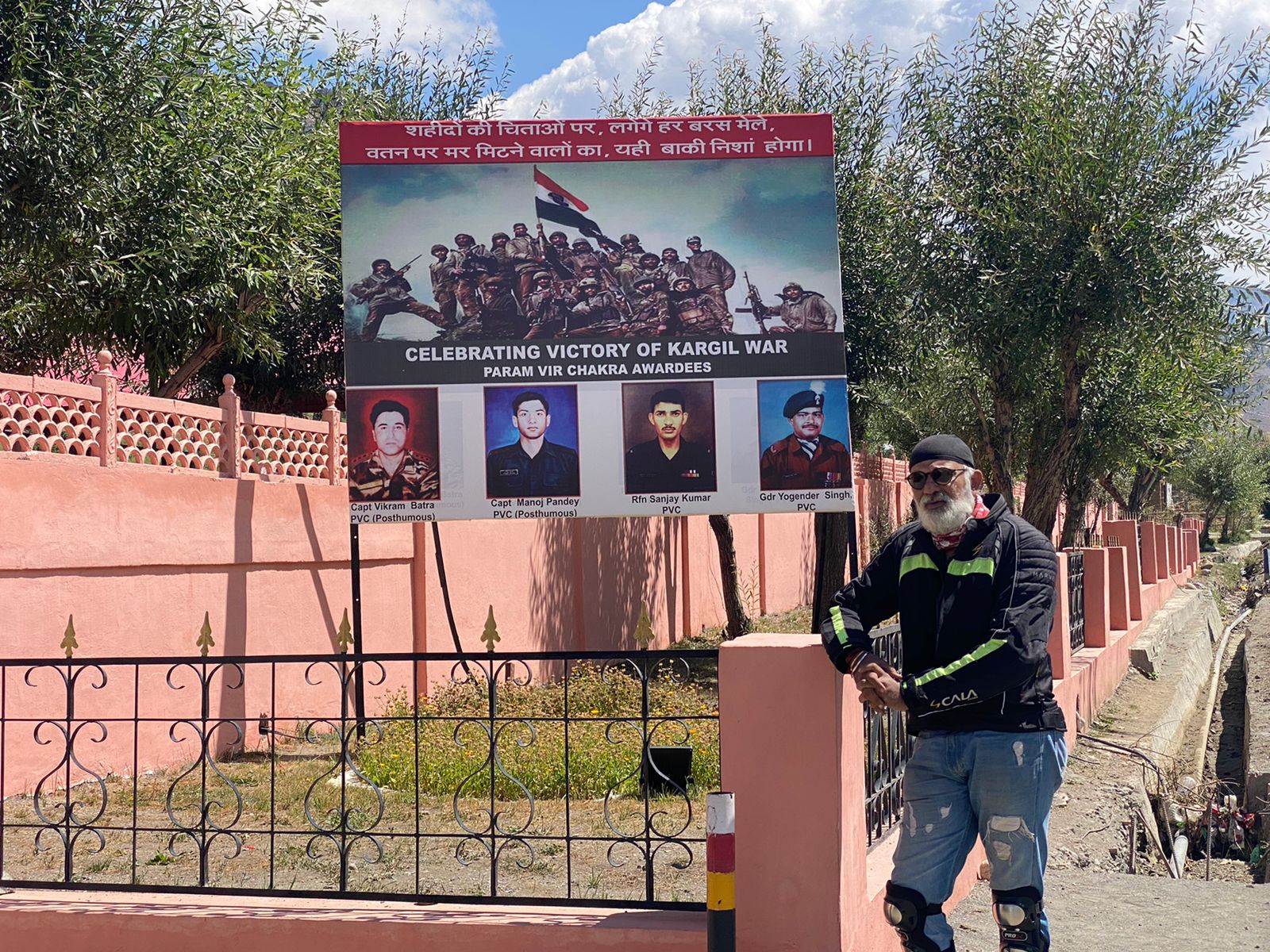
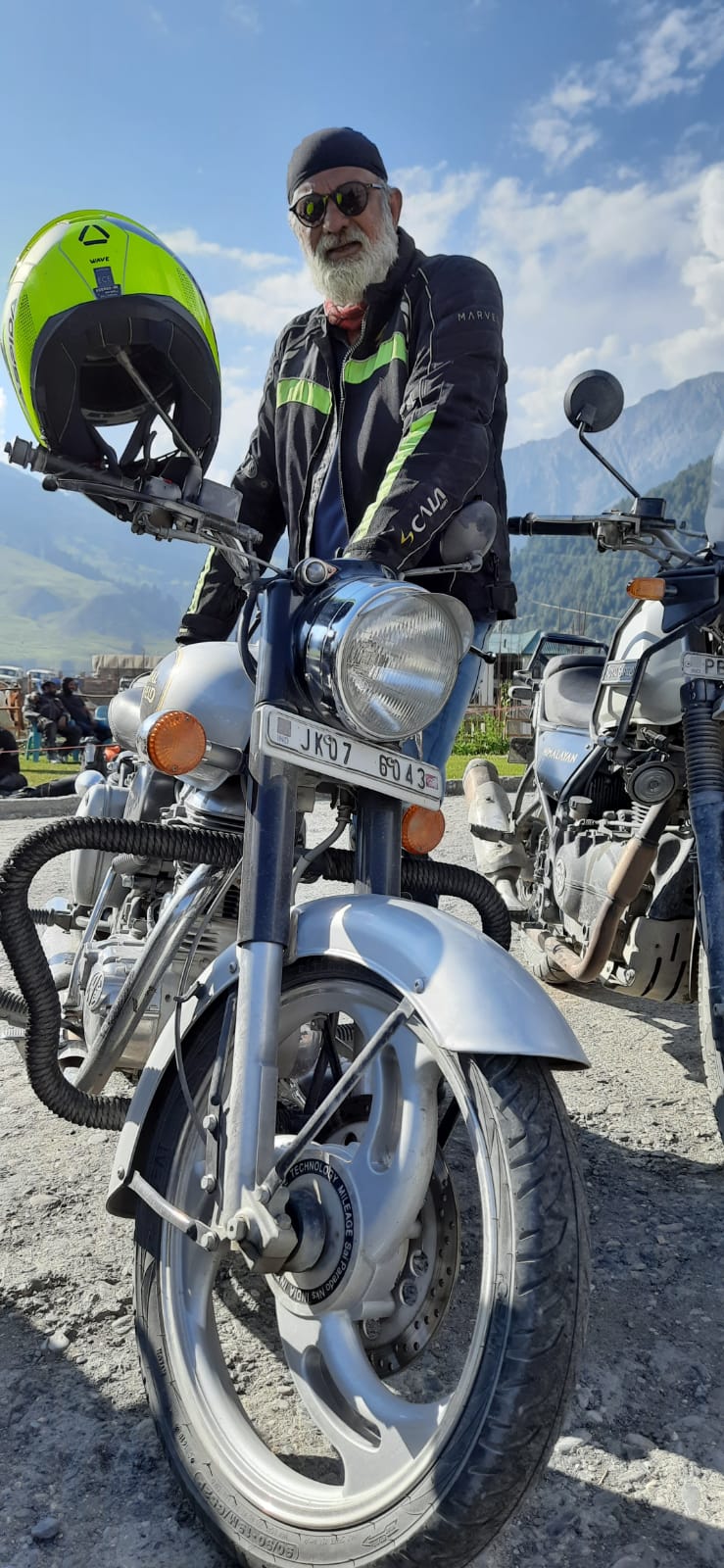 Roshan Mansukhani loves biking across India[/caption]
Roshan Mansukhani loves biking across India[/caption]